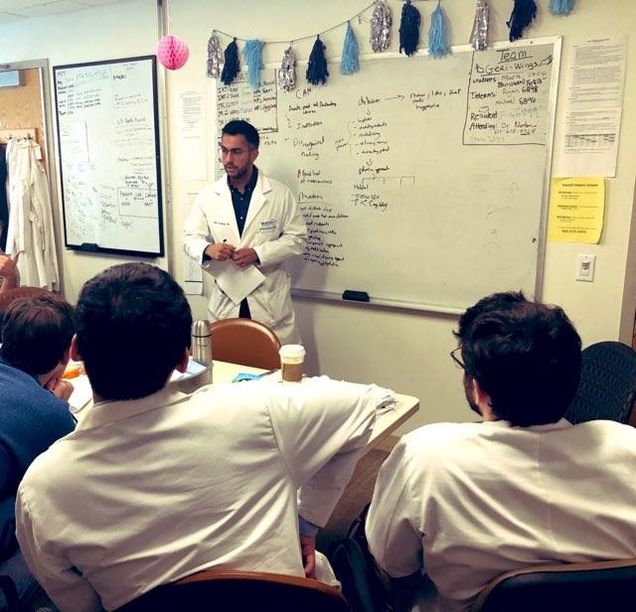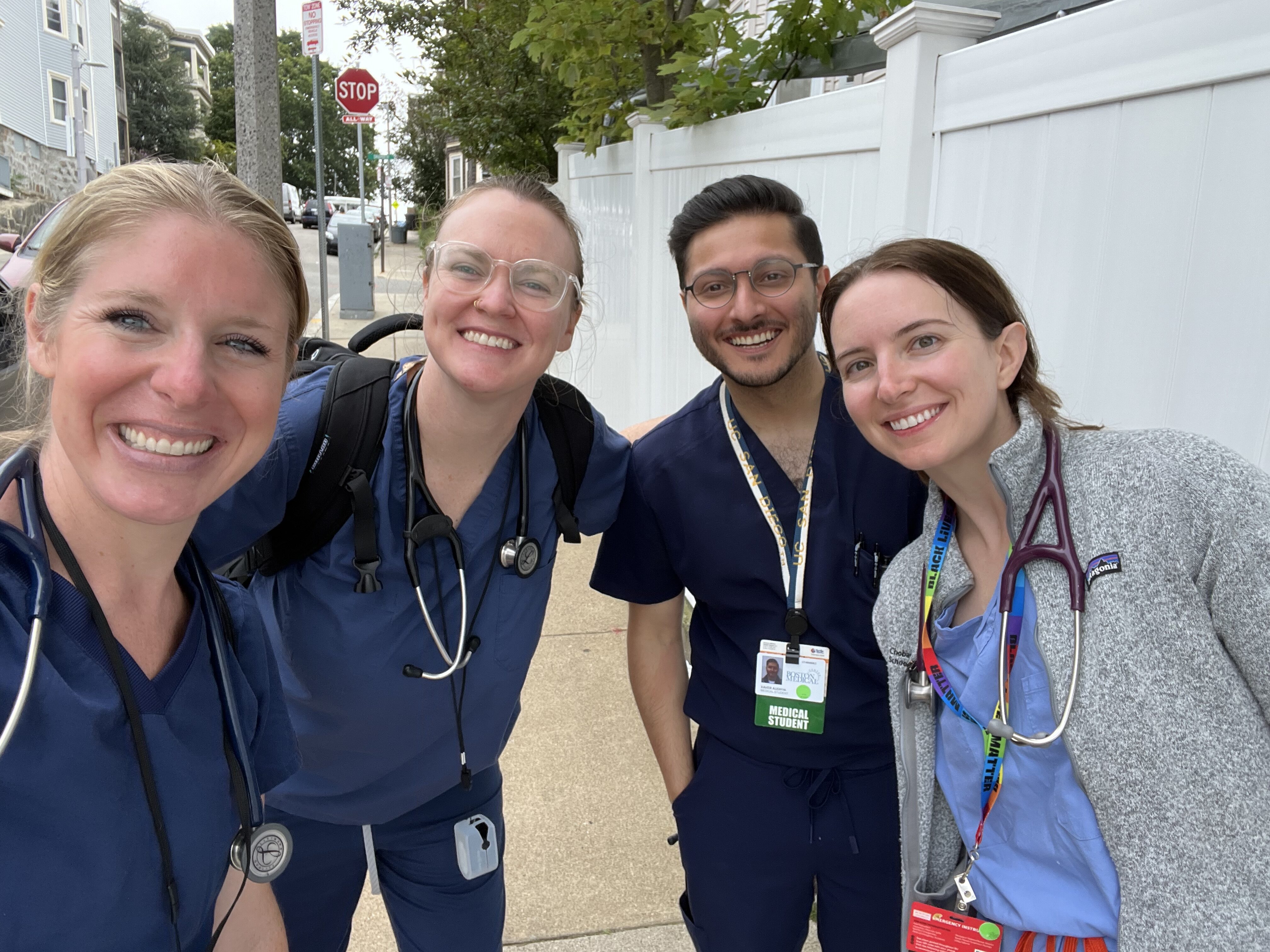Center of Excellence in Geriatric Medicine
Program Description
Program Directors: Ryan Chippendale, MD & Hollis Day, MD, MS
In 1998, the Section of Geriatrics at Boston University Chobanian & Avedisian School of Medicine became a Center of Excellence in Geriatrics (COE) funded by the John A. Hartford Foundation. This innovative program is designed to produce future leaders in geriatric education, research, and administration, and assist in the education and training of generalists with competency in geriatric care in order to meet the health needs of an increasing numbers of older adults. This program also aims to support geriatric trainees and faculty in the acquisition of credentials needed for academic faculty promotion and retention. Our COE focus is considered to be very innovative by the Hartford Foundation.
Geriatric Medicine and Geriatric Oncology Fellows, along with interdisciplinary BMC Faculty Scholars and House Staff, are trained for one year in the clinical, scientific and educational skills necessary to become effective teachers of geriatric medicine. They participate in the following 4 modules:
- Geriatrics Content Module. Small-group, interactive seminars that address topics in geriatric medicine, using a case-based, evidence-based approach. Topics include: geriatric assessment and multidisciplinary teams, health promotion and disease prevention, cognitive impairment, mobility disorders and falls, substance abuse, urinary incontinence, polypharmacy, the biology of aging, amongst additional high yield, essential geriatric topics.
- Clinical Teaching Module. This module is based on the clinical educator curriculum developed by the Stanford Faculty Development Center. It consists of seven interactive seminars over approximately two months, covering the following topics: 1) Learning Climate; 2) Control of Session; 3) Communication of Goals; 4) Understanding and Retention; 5) Evaluation; 6) Feedback; and 7) Self-directed Learning.
- Evidence-Based Medicine Module. This module consists of training in the techniques of evidence-based medicine and provides guidance in developing skills for the finding, filtering, and judging of relevant clinical medical information. Four sessions are conducted in which Scholars learn: 1) to derive focused questions from patient care problems; 2) to use MEDLINE in a productive and time-efficient manner to retrieve information related to the question; 3) to review articles critically, emphasizing the concepts of internal and external validity; and 4) to apply information thus obtained to answer the specific clinical questions.
- Health Care Systems Module. In order to develop and successfully administer academic clinical programs, faculty need a better understanding of administrative and management issues. This module addresses: 1) health care systems and the impact of environmental factors on clinical programs and practice; 2) clinical, financial and ethical aspects of managed care in geriatric practice; 3) fundamentals of health care finance and reimbursement systems; and 4) operational management and quality improvement.
Over the course of the past two decades, we have trained faculty members from disciplines ranging from dentistry, urology, otolaryngology, emergency medicine, rehabilitation medicine, family and general internal medicine, as well as nursing, pharmacy and physical therapy to be outstanding geriatric providers in their given fields.

